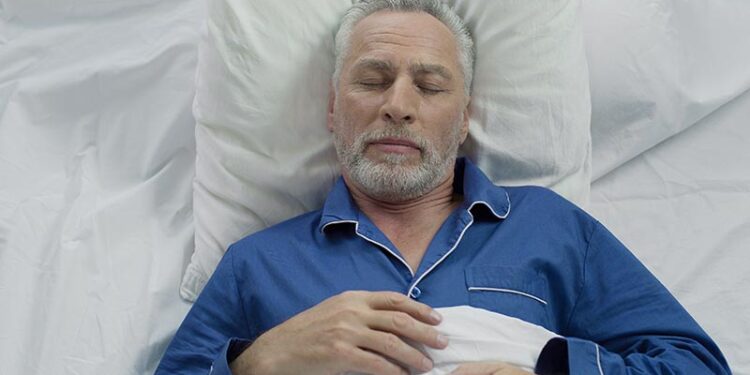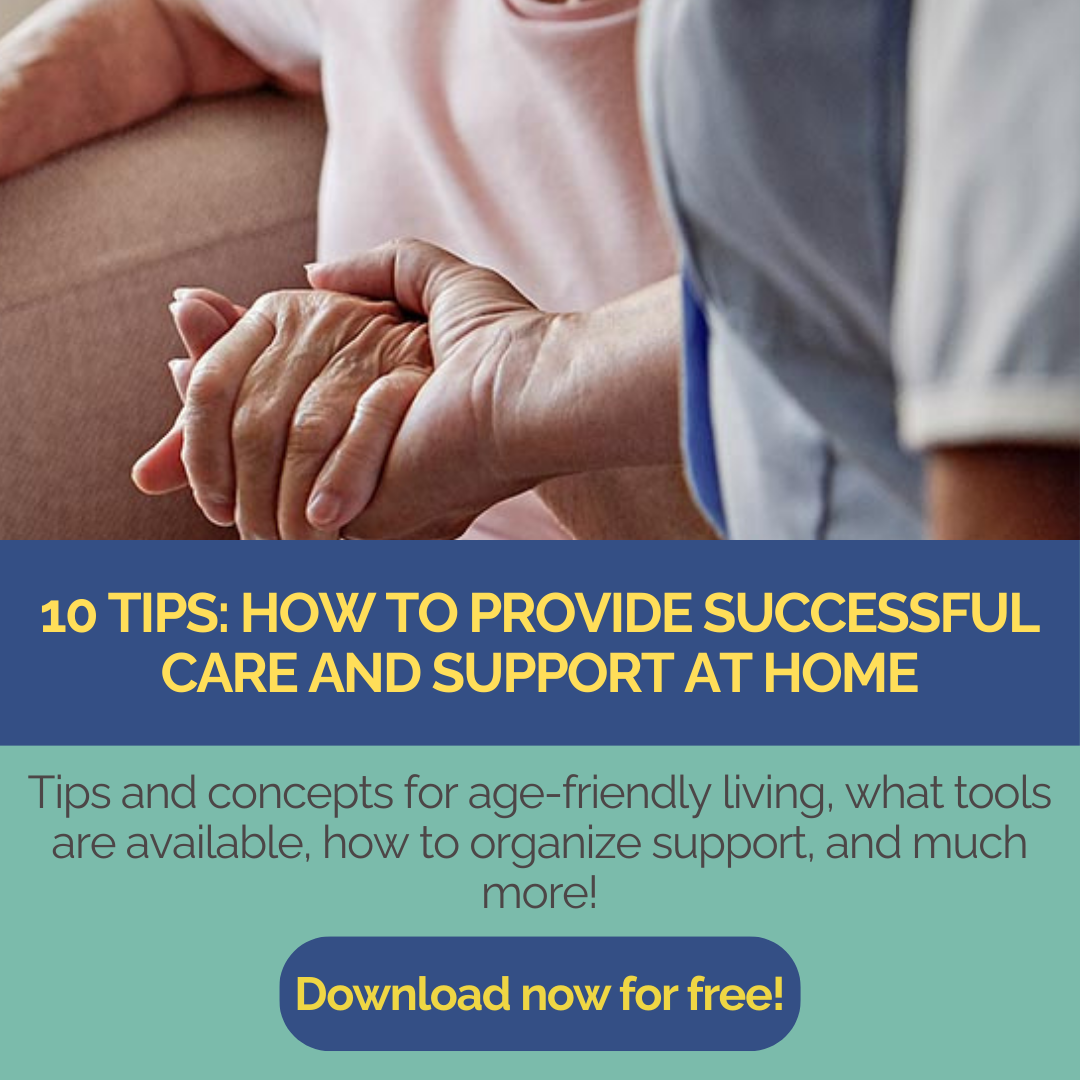Dieser Beitrag ist auch verfügbar auf:
Deutsch
A recent study in eBioMedicine, a peer-reviewed Lancet journal for biomedical research, shows that poor sleep is linked to an “older” brain. The study analyzed 27,500 MRI images from the UK Biobank. The poorer the sleep score, the greater the gap between brain age and calendar age: people with poor overall sleep quality showed a brain profile that appeared to be around one year “older” than their actual age. Part of this correlation can be explained by low-grade inflammation.
Good sleep as a lever for prevention
Sleep is a fundamental need that plays an essential role in a variety of biological functions: Among them, the regulation of metabolism, the immune system is balanced, the brain clears waste products. In addition, memories are sorted and stored. Sleep disorders are common in old age and there is increasing evidence of a complex link between sleep and dementia. However, it is unclear whether sleep disorders contribute to the development of dementia or are rather a consequence of the early stages.
Five simple sleep characteristics were examined in the study: whether someone is more active in the morning or evening, whether they sleep for seven to eight hours, have basic problems falling asleep and staying asleep, do not snore and are not very sleepy during the day. This information resulted in three groups: Healthy, moderate or poor sleep.
Why is “brain age” relevant? A higher “brain age” compared to actual age is considered an early warning sign of declining brain health. It is also linked to an increased risk of cognitive decline. Sleep is also modifiable – making it an obvious lever for prevention in everyday life before more expensive or stressful measures become necessary.
What can be done at home?
A lot starts with your environment and habits. In the evening, warm, dimmed light helps; in the morning, daylight or a short walk stabilize the inner rhythm. Regular routines with seven to eight hours of sleep and consistent times support the body. A quiet, rather cool sleeping environment around 18 to 20 degrees and trip-free paths – especially towards the bathroom – reduce disturbances and risks. In the evening, it is worth avoiding alcohol and nicotine and dimming screens in good time. Anyone who snores loudly, notices breathing interruptions or clearly suffers from problems falling asleep or sleeping through the night should have this checked out medically.
A look at medication can also help: Stimulants in the evening often disturb sleep, and possible interactions should be clarified at the pharmacy or doctor’s surgery.
Of course, the study has limitations: The sleep data comes from self-reporting, and the UK Biobank tends to include healthier people than average. Causality cannot be definitively inferred from this data. Future studies are needed to determine whether improving sleep quality can prolong brain health and cognitive abilities.
Nevertheless, the message for everyday life remains clear: better sleep is feasible – and could be directly reflected in a “younger” brain profile. For families and caregivers, this means that improving the quality of sleep should be on the agenda.
Source: Poor sleep health is associated with older brain age: the role of systemic inflammation
Author: Anja Herberth
Chefredakteurin
















